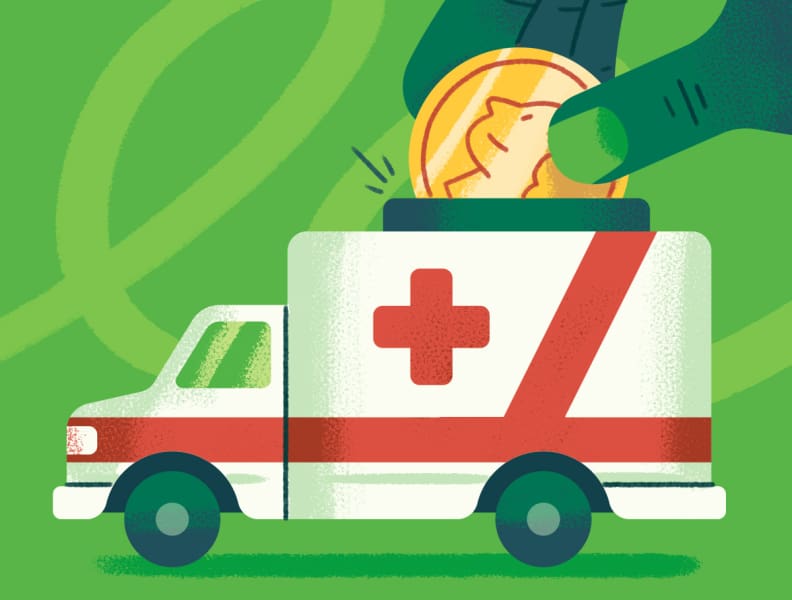Confronting Medical Racism: A Call for Accessible Education

By: Val Li
As an Emory student, healthcare has been at the forefront of my mind regardless of how seemingly removed my endeavors are from the field. So when I first came across ARCC’s blog post on medical racism, it immediately piqued my interest. Medical racism is one of the most blatant examples of the way racism is incorporated into our everyday proceedings, and how it is engrained into everyday practice. From the historic abuse of black patients for the sake of medical advancement (one of the most famous examples being the deep racism and abuse of black women in obstetrics and gynecology), the ignorance towards black patients’ pain, the medical disparities that non-English-speaking patients experience, and many more, the medical field is deeply steeped in racist and ignorant practices and it must be brought to the attention of all those involved in the US healthcare system.
Zooming out a little bit, my motivation for highlighting this post, in particular, comes from wanting to highlight the importance of learning about the applications of racism. Sounds a little morbid at first, but racism is not just calling another friendly shopper a slur the next time you go to Walmart. Racism is intertwined into many major facets of everyday life, and learning about the ways it confounds our lived experiences is imperative to creative positive change. Learning about such things can often feel daunting and overwhelming, especially if your first Google search shows you a 72-page scholarly review with all sorts of academic jargon thaisre not meant for laymen’s eyes. One of ARCC’s most impactful contributions to the community is making content and knowledge accessible so that everyone can educate themselves with ease.
Reading this blog post on ARCC’s website, as well as the many others that have been posted, really inspired me as I step into this internship experience. I hope to be able to provide easily accessible education and awareness through ARCC and help spread knowledge so that our community is able to grow stronger together.
For additional information, please consider reading:
https://helloclue.com/articles/culture/the-racist-and-unethical-origins-of-modern-gynecology
https://nursejournal.org/articles/language-barriers-in-healthcare
https://publichealth.wustl.edu/linguistic-diversity-and-disparate-health-outcomes/

